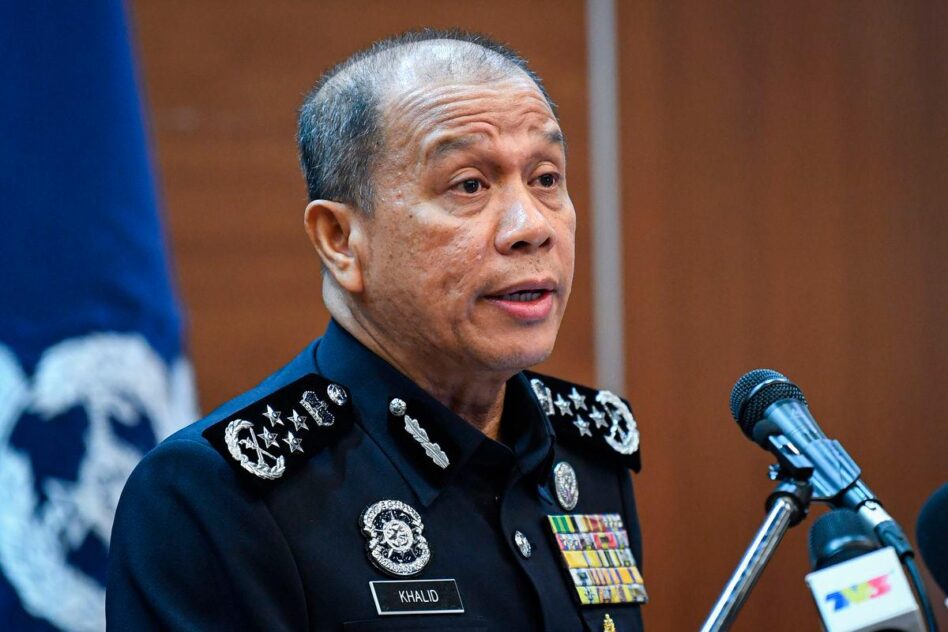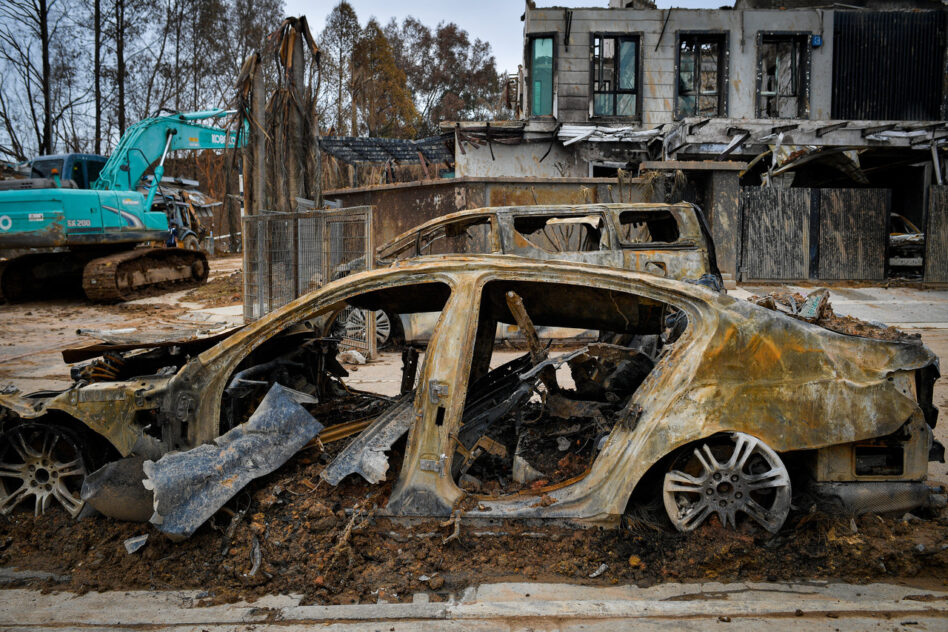By Dennis Ignatius
MANY have been deeply shocked and saddened by the response to the latest wave of Rohingya refugees to arrive at our shores. It’s like our national psyche suddenly snapped and indifference turned to outright hostility.
Petitions calling for all further arrivals to be refused entry, for their boats to be turned back, quickly garnered tens of thousands of votes. There have even been calls for the expulsion of all Rohingya in the country.
For years, the Rohingya (and other refugees) have faced official intimidation; now they have to live in fear of a hostile populace as well.
Even the stories and reports about them – their situation, history, cause, culture – were distorted and downright malicious. Otherwise sensible people took to repeating the most outrageous misinformation about them, portraying them as terrorists, usurpers, ingrates, aggressive, uncouth, too demanding, unwilling to assimilate.
It’s as if there’s a very deliberate campaign to discredit and demonise them despite all the evidence that they really are victims of a horrible genocide.
No doubt the genocidal generals in Naypyitaw will be pleased.
How did we go from being outspoken advocates for the Rohingya – holding mass rallies to support them even – to being so disparaging of them? How is it that some of the very people who loudly proclaimed their horror of the genocide against the Rohingya, including former prime ministers Najib Tun Razak and Dr Mahathir Mohamad, are now saying that refugee boats must be turned away.
There are perhaps many reasons why we have come to this point but none are more critical than the stunning failure of leadership, ours as well as others. Like so much else in our country, our leaders exploit issues for political mileage but do precious little to actually resolve issues. They are quick to look for opportunities to burnish their Islamic credentials and show the world how devoted they are to the mythical ummah but it is all hype and hypocrisy.
The Rohingya issue is, after all, not something new; it is a humanitarian crisis that has been decades in the making. They’ve been coming to our shores for close to 30 years; apart from humdrum speeches on the issue, we never developed a comprehensive strategy to cope with the mounting numbers, never engaged in a multidisciplinary debate on an appropriate refugee policy, never took the time to realistically ascertain what we can and cannot do for them. We substituted empty religious rhetoric and pious platitudes for meaningful discussion.
Refugees kept coming from all directions (Myanmar, the Middle East, Pakistan, China, etc) and all we did was keep our heads buried in the sand. We boasted abroad about how generous we were as a nation for taking in refugees while allowing the refugees in our midst to suffer appalling neglect and abuse.
We went out of our way to bring in hundreds of thousands of unskilled foreign workers to meet the needs of industry but couldn’t find a place for the thousands of desperate refugees who are already here. Our behaviour is not just shameful; it’s criminal.
It should, therefore, come as no surprise that we have a mammoth refugee problem today. The Rohingya alone are estimated to number between 150,000 to 200,000. And more are set to come.
When Malaysians see heavy concentrations of foreigners in any particular location, they naturally get alarmed and wonder if our nation is being slowly “taken over” by foreigners. They also worry that locals are being deprived of jobs, that wages are being depressed by cheap foreign labour.
It’s a problem that’s not going to go away any time soon. Xenophobic responses – and let’s face it, that’s what so much of the outcry has been about – are not only unhelpful, it is a national disgrace. It only reveals to the world what a racist society we have become.
For years, we have been taught, encouraged even, to despise and disrespect one another on the basis of race and religion. We define everything, we react to everything in terms of race and religion. We all complain about discrimination and racial taunting and then turn right around and discriminate against “pendatang” groups like the Rohingya. Shame on us!
Clearly, what is urgently needed is a carefully crafted comprehensive response to the refugee issue, one that balances compassion for those fleeing persecution and genocide with our capacity to provide for them based on specific criteria as well as our overall national interests.
At the international level, Malaysia can and must take the lead in calling for an international conference to explore all possible measures to stop the genocide, sanction Myanmar, and provide much needed humanitarian assistance for the Rohingya. Bangladesh (which now hosts over a million refugees) also needs greater international support.
At the regional level, Malaysia must lead a diplomatic campaign to expel Myanmar from Asean, making it clear that their membership will be contingent on ending the genocide. It’s time to go beyond criticism and diplomatic niceties. We did nothing to stop the Cambodian genocide; we cannot be mute witnesses to yet another one.
And finally, at the national level the government must begin the process of evolving a comprehensive refugee policy. Of course, it’s a complex issue and can often result in a vicious cycle – the more you offer humanitarian assistance, the more they will come. We don’t have unlimited resources; hard choices will have to be made. But let’s do it in a carefully considered manner and always with compassion and care.
The most important thing we can do is allow refugees already here – whether Rohingya fleeing Myanmar, Uighurs fleeing China or Christians fleeing persecution in Pakistan – to work. Hire them before bringing in migrant workers. Develop a strategy to deploy them to those sectors that need unskilled labour. And treat them fairly.
It is not an impossible task. We have many dedicated and committed NGOs which would welcome the opportunity to help the government structure a comprehensive refugee policy we can all be proud of. All it takes is a little bit of leadership, someone to care enough to do something about it.
Mercy and compassion animate all our holy books; reaching out to the victims of genocide would be a good way to practice what we preach. – May 1, 2020
Dennis Ignatius is a former ambassador









